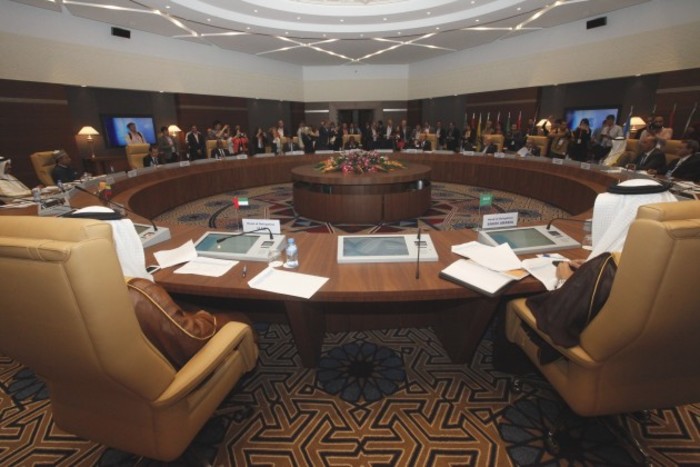Oil prices are climbing after major producers' first output cut in eight years
Opec members will reduce production amid a global glut of supply.
OIL PRICES HAVE resumed their rise and held above the $50 barrier following Opec’s decision to carry out its first output cut in eight years.
The cartel of major oil producers, which includes several Middle Eastern states, as well as countries like Venezuela and Nigeria, agreed on specific targets at a meeting in Vienna yesterday after a preliminary deal in September to ease a global crude supply glut and boost prices.
Many analysts had expected the producers’ group to fail to reach a deal as major players like Iran, Iraq and Saudi Arabia remained divided ahead of the meeting.
After a brief early dip, US benchmark West Texas Intermediate prices were up 1.4% percent to above $50, while Brent crude – the benchmark for most European oil supplies – was 1.6% higher at $52.65.
“Not only had hopes of higher prices been realised, the reputation of the Opec has also been salvaged, prompting the surge,” said Jingyi Pan, market strategist at IG in Singapore.
“Sceptics have now placed their focus on the implementation of the Opec deal, where Saudi Arabia will be shouldering the bulk of the cut.”
 An Opec meeting in September
An Opec meeting in September
Falling output, higher prices
The 14-member OPEC agreed to lower its monthly output by 1.2 million barrels per day (bpd) to 32.5 million bpd from 1 January.
Qatar’s Energy Minister Mohammed Bin Saleh Al-Sada said non-member Russia also committed to reducing its output by 300,000 bpd, half of a hoped-for 600,000 bpd reduction from outside the organisation.
Prices had fallen to near 13-year lows of below $30 a barrel in February from peaks of more than $100 in June 2014 largely due to an oversupplied market outpacing demand.
“The words ‘Opec’ and ‘exceed expectations’ have rarely, if ever, been used in the same sentence. However yesterday’s production deal seems to have done just that,” Jeffrey Halley, senior market analyst at OANDA, said in a note.
“Cuts have been shared across all members, including the recalcitrant Iran and Iraq.”






